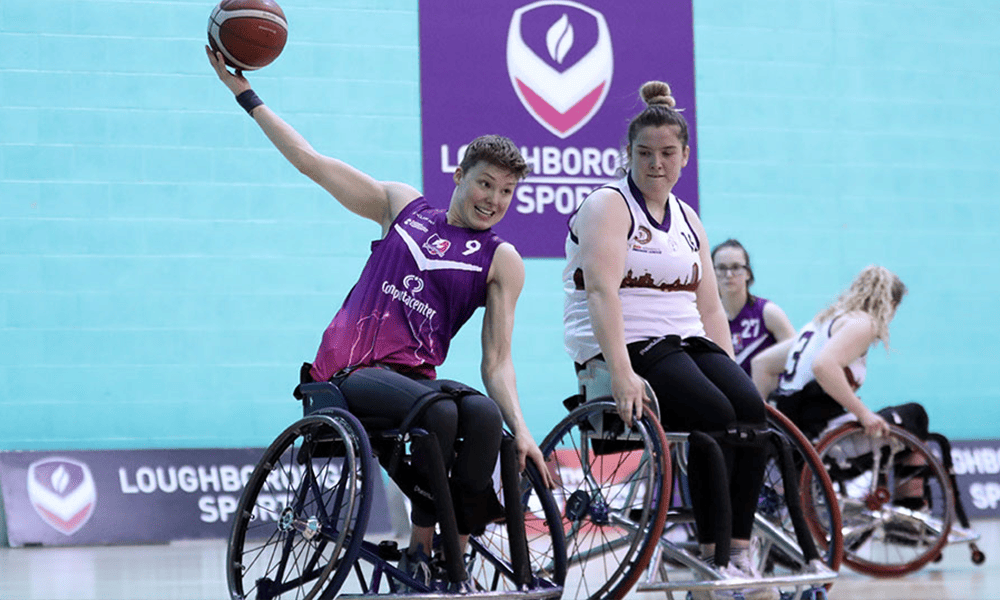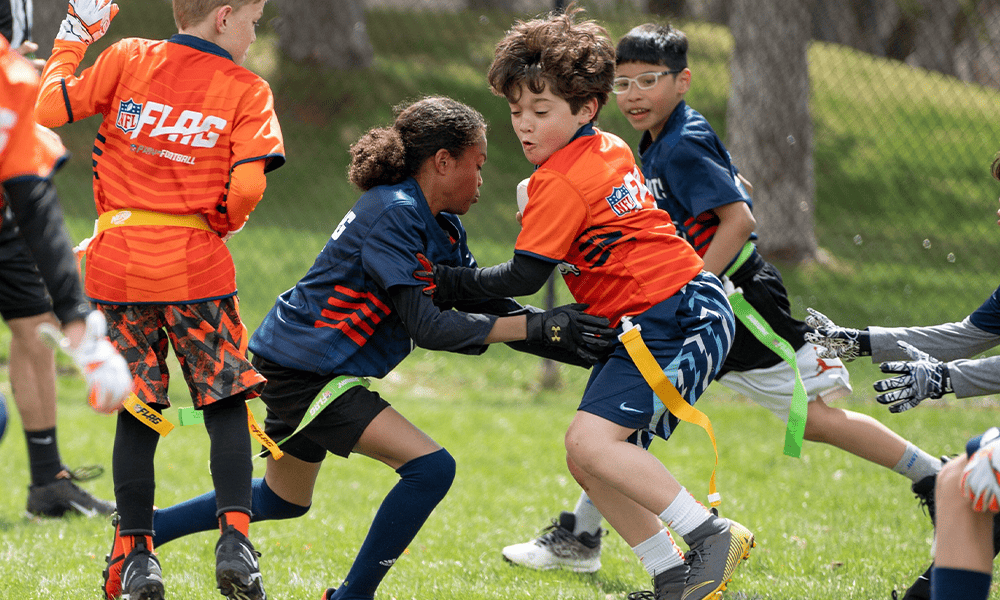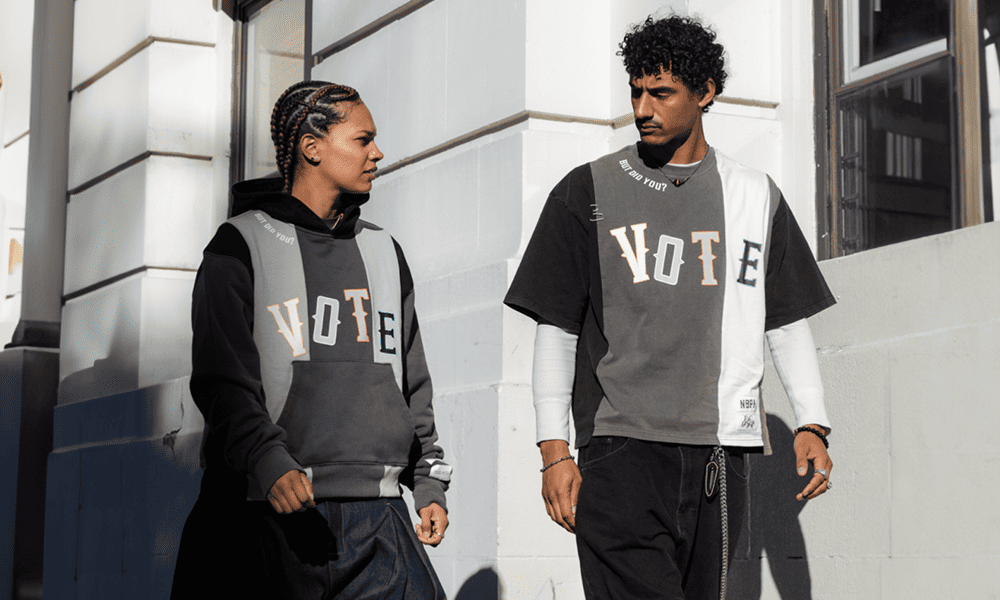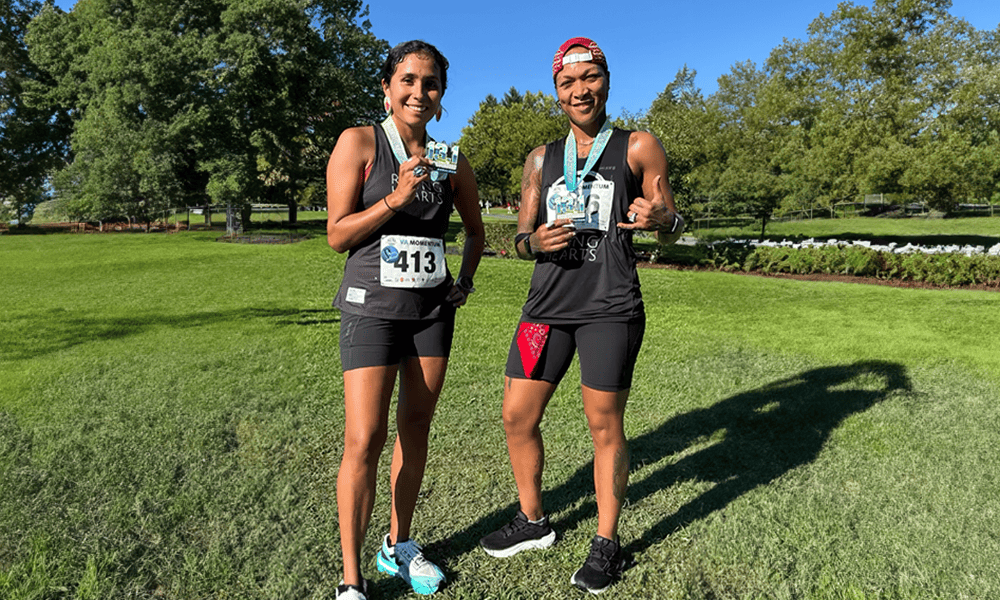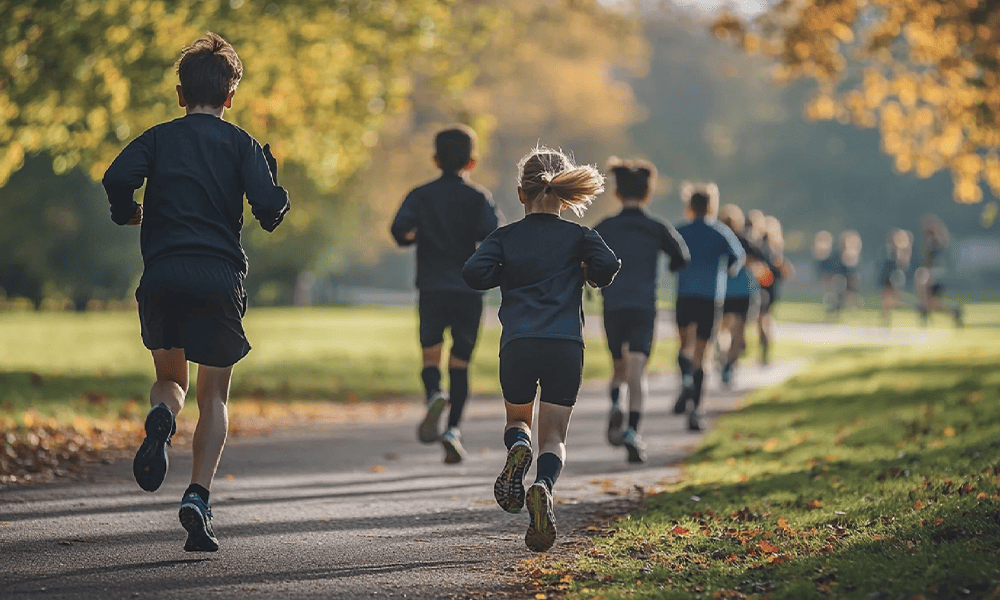July 1, 2022
With the anniversary of Title IX and Pride Month in the US just behind us, and Pride in London events taking place tomorrow, we spoke to our Associate Director of Development, Carly Heinz, to get their views on Title IX’s legacy on sport and the intersectional inequalities on the application of the law and LGBTQ+ rights in the US.
The landmark Title IX of the Education Amendments of 1972 legislation in the United States – which had its 50th anniversary on June 23 – prohibits sex discrimination (including pregnancy, sexual orientation and gender identity) in any education program or activity receiving federal financial assistance. Title IX has positively impacted the lives of millions of people with its non-discrimination protections, though there is still much work to be done.
Pride, a “promotion of the self-affirmation, dignity, equality, and increased visibility of lesbian, gay, bisexual, transgender and queer people as a social group” typically commemorates a significant turning point in a country’s LGBTQ+ history. In the US, its origins are traditionally linked to the Stonewall uprising of June 1969. The July 2 parade in London, the UK’s biggest and most diverse, this year recognizes 50 years since the first Pride took place in the nation.
Carly shared their thoughts on Title IX’s impact on their life, the limitations of the law, gender identity and the escalating transgender athlete bans.

Can you share your sports journey?
Of all the sports I tried throughout my childhood, tennis was the one I fell completely in love with. I played competitive tennis both for my high school and in USTA junior tournaments. I then went through the college recruitment process and was fortunate to play Division 3 tennis at Goucher College in Maryland while getting my undergraduate degree. I’m eternally grateful for all the opportunities I had and for all the great memories I made during my years as an athlete. And, I feel so lucky to get to bring my love for sports into the day-to-day of my professional life.
How has Title IX directly impacted your life?
At a straightforward level, Title IX ensured my right to play competitively in high school, college and beyond. It goes beyond just the right to play, though – even when I was too young to understand what Title IX was, I never even questioned whether I would have the opportunity to play or if society would look differently because I was an athlete. That too is because of Title IX – a key part of its legacy is increasing cultural acceptability around non-male sports participation.
Do you feel your gender identity has affected your sports journey?
This is a complicated question for me. I’m queer and non-binary (they/them pronouns), but I didn’t come to grips with my identity until many years after I finished playing competitively. My at-birth gender designation was female, and even though I didn’t have the language to describe it for most of my life, I never felt comfortable or felt like I was a female. I think part of the reason being an athlete was so important to me because it gave me a place to fit in when I felt so uncomfortable with myself – when I was on the court, I felt like I belonged and the only thing that mattered was fighting as hard as I could to win. I am grateful for this aspect of my sports journey, but I also do wonder how different things would have been for me if I had been out when I was in grade school. Would I have progressed as far as I did? Would tennis have given me such a strong sense of belonging that I otherwise lacked? I’ll never know the answer to these questions.
Today, as an out person working in sports philanthropy, I feel a strong sense of responsibility to be visible and do what I can to open doors for my peers and future generations. I want other LGBTQ+ individuals to know that it’s okay for them to be themselves and to believe that they can achieve their goals and do something they love every day without compromising who they are.
How do feel the recent 50th Title IX anniversary recognitions have impacted awareness of gender identity?
I think if anything, increased social awareness and understanding of gender identities have exposed Title IX’s limitations. Because the law wasn’t written to ensure protections for individuals across the gender spectrum, we’re now seeing the broad language of the law being manipulated depending on people’s ideological viewpoints. It also technically permits sex segregation in sports, which is one of the reasons why we are seeing bans on trans athletes.
Can you expand on those limitations, particularly in relation to transgender athletes and the escalating number of bans on transgender youth participation in sport?
While it is true that Title IX has been important in so many ways, it remains an imperfect law that is not inclusive of everyone. Because the law is broadly written – prohibiting discrimination on the basis of sex – the way in which it is applied should cover everyone, regardless of their gender. However, the slow change in acceptance of transgender individuals has meant that people who do not identify with the gender assigned to them at birth are still fighting for their rights today. Lest we forget, it wasn’t even until 2012 that the American Psychiatric Association stopped listing being transgender as a mental disorder.
Today, despite the gains made both in law and cultural attitudes towards gender as a spectrum, opponents of trans rights have seized upon the language in Title IX to continue to oppress trans athletes. The Trump era guidelines, and subsequent reversal by the Biden administration, serve as a perfect example of how administrations who are hostile toward trans individuals can issue discriminatory interpretations of the law.
In reality, all people are different and vary in athletic ability based on their body characteristics – nobody ever prevented Michael Phelps from competing due to his genetic differences, which made him a uniquely great swimmer. Arguments like these are masks used to continue to discriminate against trans people. Bigotry is bigotry – there is no difference between preventing a trans person from competing in sports or refusing to serve them in a shop, or discriminating against them in the workplace.
As a part of the LGBTQ+ community, it’s absolutely heartbreaking to me that we are seeing this. Laws and policies can actually change public opinion, and these bans are made more awful because they aren’t just harming trans kids now – they’re perpetuating transphobia, slowing shifts in public opinion and preventing real change from occurring. Trans kids already go through so much: many are bullied in school and show higher rates of depression, anxiety and suicide than their cis peers. They deserve protection and to be treated with respect, love and affirmation – not to be further ostracized when they already have it hard enough.
In your opinion, what still needs to be considered and worked on in the fight for equality for women and girls in sports?
While Title IX has massively increased the number of women and girls participating in sports in my eyes, in order to make headway, we need to increase the level of media representation of women’s sports. While there have been some great strides made recently in women’s sports coverage, such as The Guardian’s commitment to expanding its women’s soccer coverage, additional steps towards equality in coverage across media outlets is needed. More equality in coverage will give more visibility to women’s sports, increasing public interest and changing archaic attitudes towards women.
Women are still underrepresented in the sports industry at pretty much every level, so we also need equity in employment. Further efforts need to be made at all levels of the industry to recruit and retain diverse talent – only then will we see more equal representation across the industry. Additionally, there must be equal access to proper facilities and equipment. Whether it is a high school providing boys baseball teams with access to campus fields and facilities while girls play their games in a local park or better uniforms and equipment being provided to boys sports teams, we have a long way to go before the playing field is truly equal.
